
Should kids get flu and COVID shots this fall? Here's what to know amid changes.
As the fall respiratory season approaches, who should be getting COVID-19 and flu vaccines to protect against illness? Here's what varying recommendations say.
Watch CBS News

As the fall respiratory season approaches, who should be getting COVID-19 and flu vaccines to protect against illness? Here's what varying recommendations say.
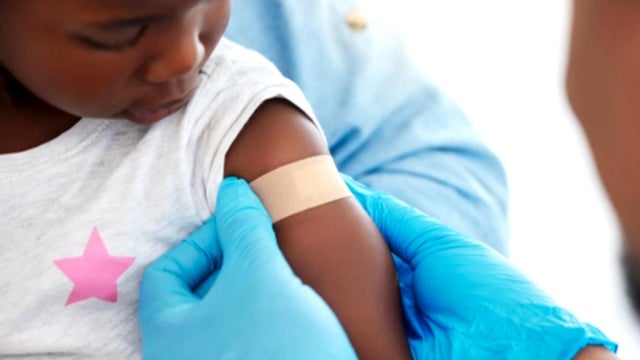
For the first time in 30 years, a leading pediatric group is sharing vaccine recommendations that differ from the guidance of the federal government. The American Academy of Pediatrics is strongly recommending COVID-19 shots for children between the ages of 6 months and 2 years old. CBS News medical contributor Dr. Céline Gounder has more.
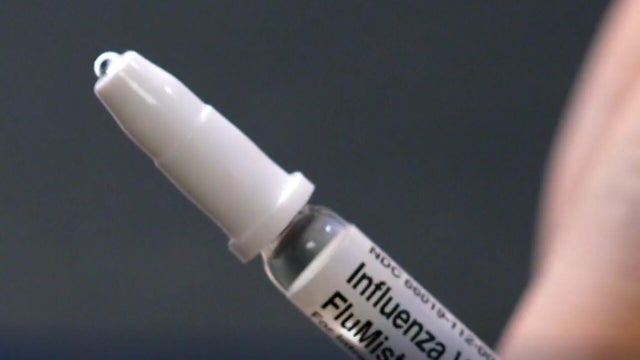
Those looking to protect themselves against the flu this season now have an at-home option. FluMist, the only nasal spray flu vaccine approved by the Food and Drug Administration, is now available for purchase for self-administration. Elaine Quijano reports.

FluMist, the first self-administered flu vaccine spray, is now available for purchase. Here's everything to know, from cost to age requirements and more.

A new American Society for Microbiology study revealed that it could be possible to use elements in the air to predict surges in flu and COVID-19 infections. Dr. Amesh Adalja, senior scholar at the Johns Hopkins Center for Health Security, joins "The Daily Report" to discuss.

Since flu season is still ongoing, data is preliminary and may change, the Centers for Disease Control and Prevention said. Experts say it will likely increase.
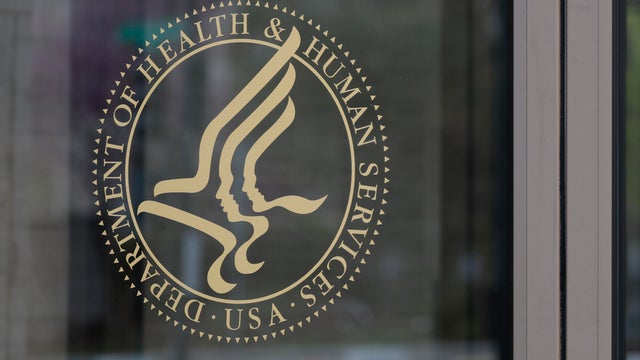
The Department of Health and Human Services said it is redirecting funding from what it calls a wasteful Biden-era project on next-generation COVID vaccines.
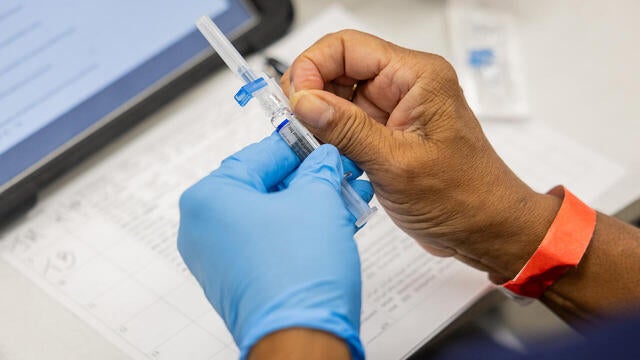
The Food and Drug Administration unexpectedly canceled an annual meeting of its advisers to update next season's influenza vaccines, raising concerns about the timeline for manufacturing next winter's flu shots. "CBS Evening News" co-anchors John Dickerson and Maurice DuBois spoke to Dr. Paul Offit, a member of the FDA advisory committee, about what it could mean.

The Food and Drug Administration has canceled an annual advisers meeting to weigh in on yearly updates to the flu vaccine, raising some experts' concerns about next year's shot. CBS News chief medical correspondent Dr. Jon LaPook explains.

A meeting of experts at the Food and Drug Administration to discuss next season's flu vaccines has been unexpectedly canceled. Despite this, the Department of Health and Human Services says the shots will be ready. CBS News reporter Alexander Tin has the details.

Lab tests suggest a strain of the flu virus circulating this season may not be "well-recognized" by the flu vaccine.

President Trump to announce 25% steel and aluminum tariffs; Flu cases are rising across the U.S.
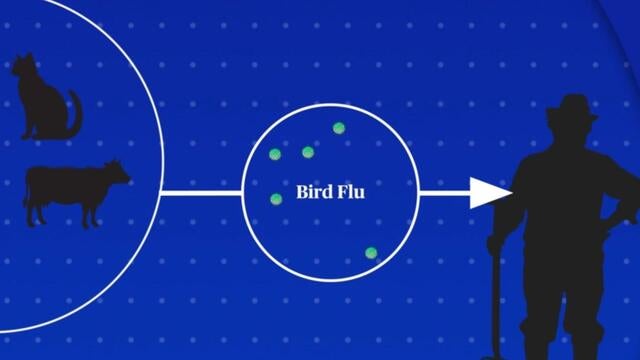
The U.S. Department of Agriculture has issued conditional approval for a bird flu vaccine for use in chickens. There have been at least 68 confirmed cases of bird flu among humans since 2024, according to the CDC. CBS News medical contributor Dr. Céline Gounder joins to discuss the state of the virus in birds and humans.

For a second time this season, at least 41 states are reporting high or very high levels of the flu. Here's how to stay safe.
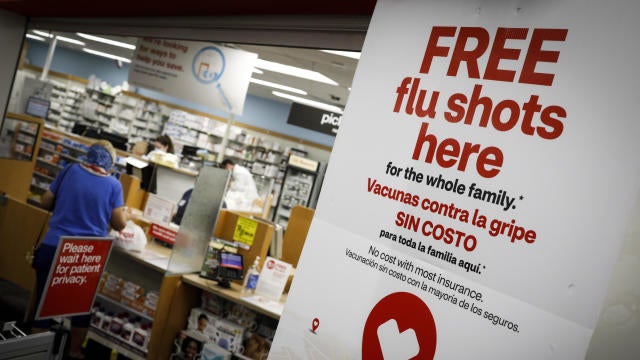
The CDC says respiratory illness is now "very high" nationwide.
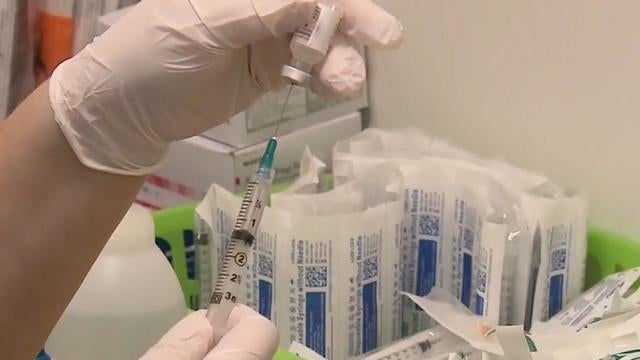
This year is shaping up as the worst flu season in more than 15 years. Flu cases are in every state, but the virus is most active in 43, including Indiana and Kentucky. Janet Shamlian reports from Louisville, where a doctor says lower vaccine rates among children could be playing a role.
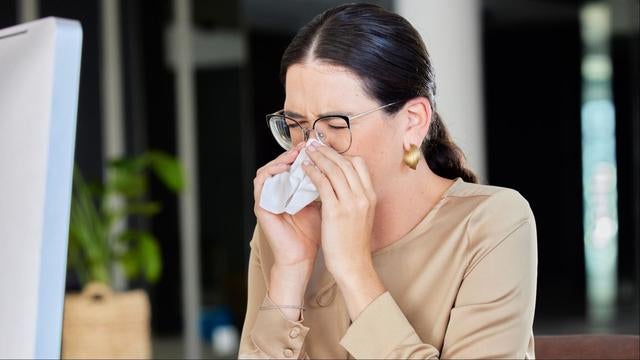
Cases of COVID, flu, RSV and norovirus appear to be on the rise in the U.S. as millions of Americans wrap up the holidays. CBS News medical contributor Dr. Celine Gounder has more on the viruses.

Several Western states are seeing rates worse than last year's peak of flu season.
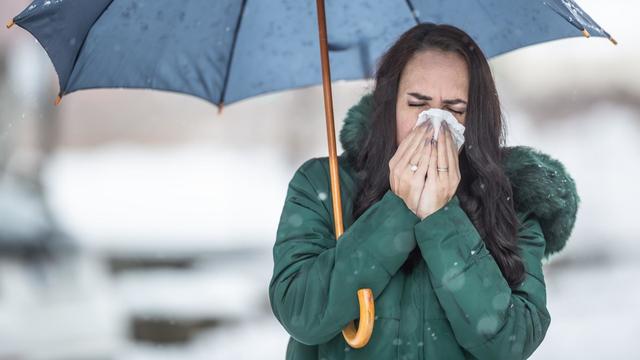
Respiratory viruses tend to spread more easily around the winter holidays. Dr. Peter Hotez joins "The Daily Report" to discuss how to avoid COVID-19, the flu, RSV and other illnesses.

If you still haven't gotten your COVID or flu shot, now is the time so you'll stay protected throughout the season, according to doctors.

But what kind of sickness do your symptoms point to? Here's a breakdown for COVID-19, flu and more — and why testing is so important.
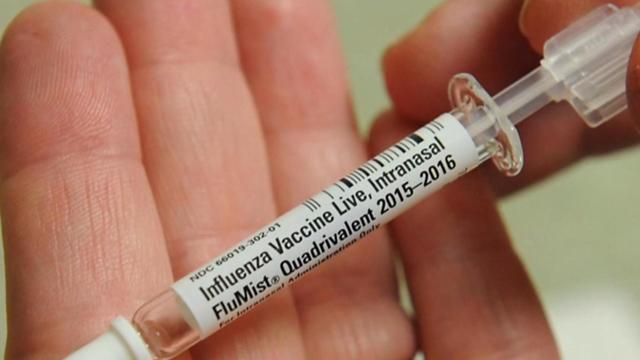
The Food and Drug Administration has approved a "self-administered" influenza vaccine that could be available by next year's flu season. Dr. Roy Gulick, an infectious disease specialist at New York-Presbyterian Hospital, joins CBS News with more.

What to know about the "optimal time" to get vaccinated against the flu — and how the FluMist nasal spray stacks up to the traditional shot.
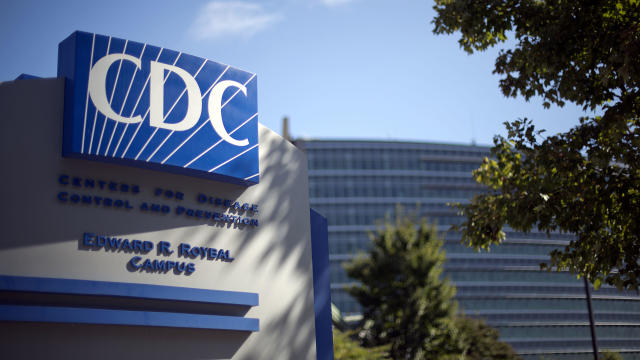
The two genetic changes to H1N1 could cut the effectiveness of the main flu antiviral doctors turn to.
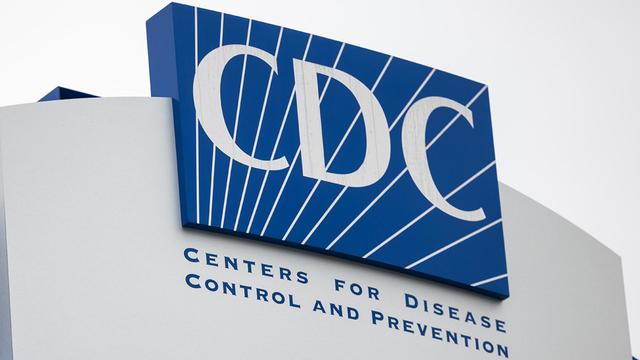
The CDC says at least two cases of so-called "dual mutant" flu strains have been detected in the United States. The strains have genetic changes that could impact the effectiveness of the main flu antiviral that hospitals rely on, commonly sold under the brand Tamiflu. Dr. William Schaffner, professor of infectious diseases at Vanderbilt University Medical Center, joined CBS News to discuss the virus.
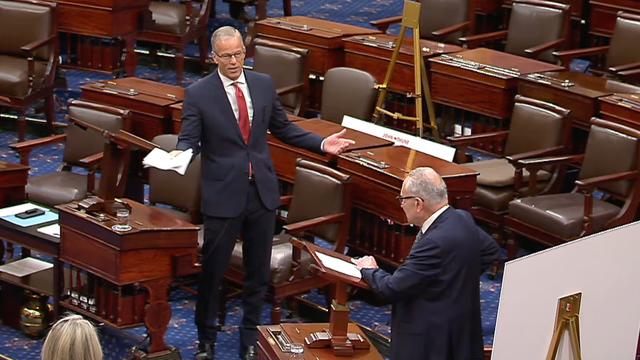
The Senate plans to vote for a House-passed bill to keep the government open, but Democrats remain opposed ahead of a midnight deadline. Follow live updates here.

Defense Secretary Pete Hegseth touted the new name, the Department of War, saying "the era of the Department of Defense is over."

A judge gave a blistering assessment of the Trump administration's efforts to go after international students who expressed pro-Palestinian views on college campuses.

Pfizer's CEO said President Trump's threat of tariffs motivated his company to take swift action.

Hamas and other Palestinian factions are expected to present their response to Trump's Gaza ceasefire plan quickly, a source tells CBS News.
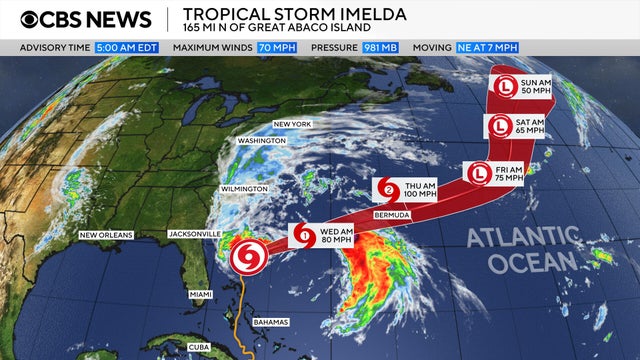
Imelda, the ninth named storm of the 2025 Atlantic hurricane season, strengthened into a hurricane on Tuesday.

Federal immigration officials have revealed plans to reopen the Deferred Action for Childhood Arrivals program to new applicants to comply with a court order.

With time running out to avert a government shutdown, millions of Americans who get health insurance under the Affordable Care Act could soon face sharply higher premiums.

A nationwide event drew 30,000 people and marked a broader trend of rising baptisms, with Gen Z men leading a new wave of faith.